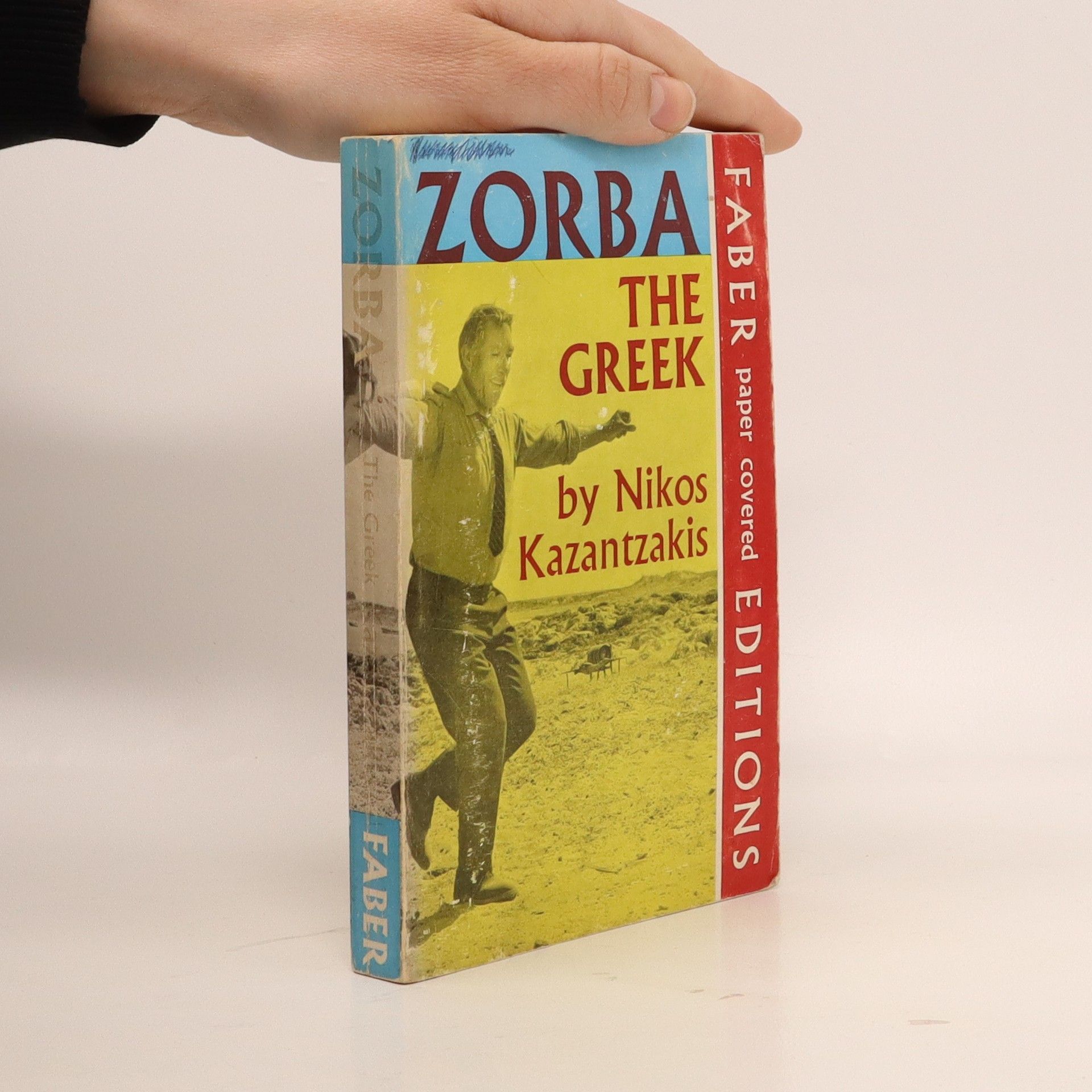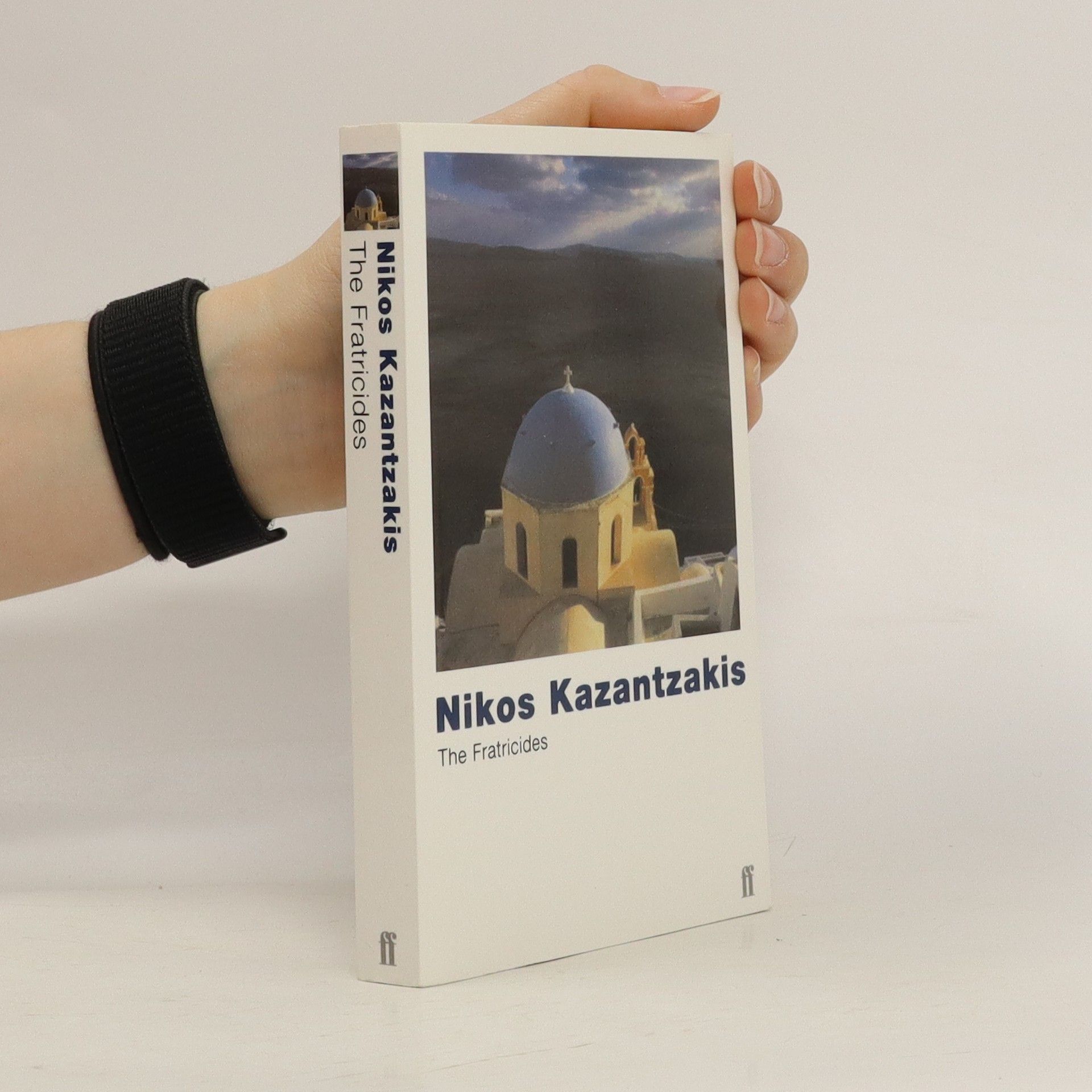Zorba el griego : vida y andanzas de Alexis Zorba
- 384 páginas
- 14 horas de lectura
Esta novela escrita entre 1941 y 1943, en la que se inspiró la película protagonizada por Anthony Quinn e Irene Papas, narra la historia de Zorba, un hombre sencillo y un apasionado de la vida que nos descubre su singular sentido de la libertad, el amor y el coraje. Un libro impetuoso, apasionado y lleno de vida, que nos arrastra a la sensación originaria de plenitud que sólo la literatura de verdad puede alcanzar








